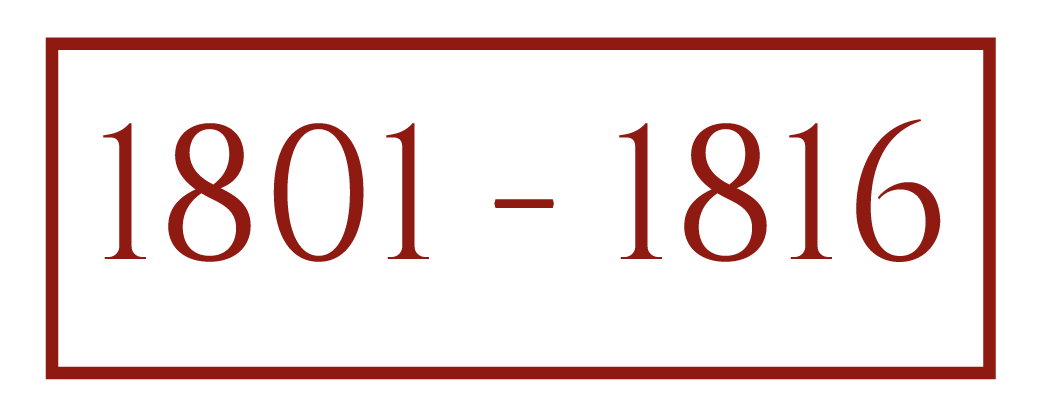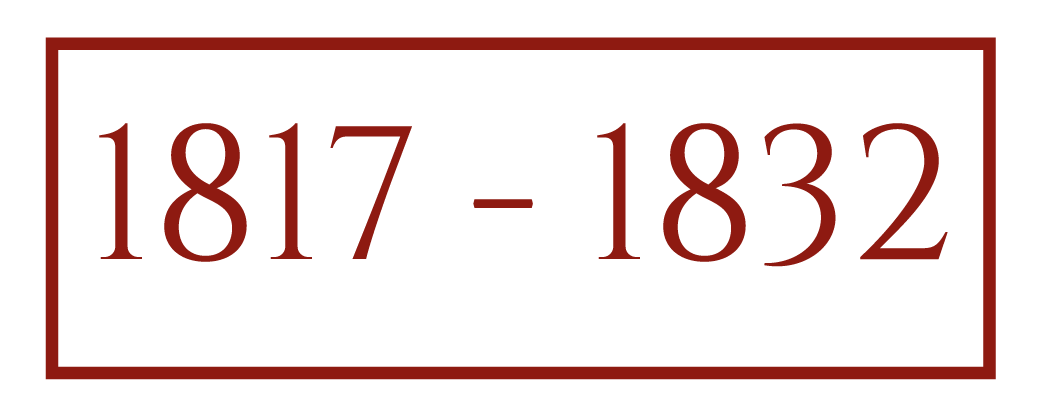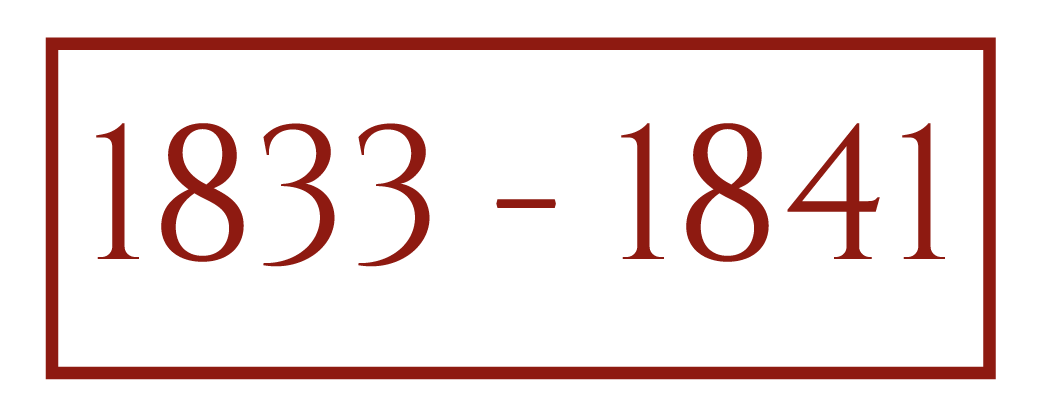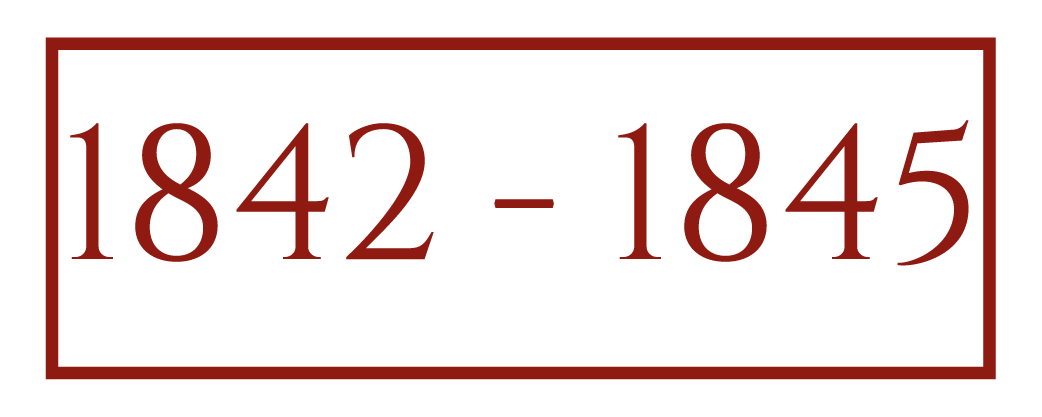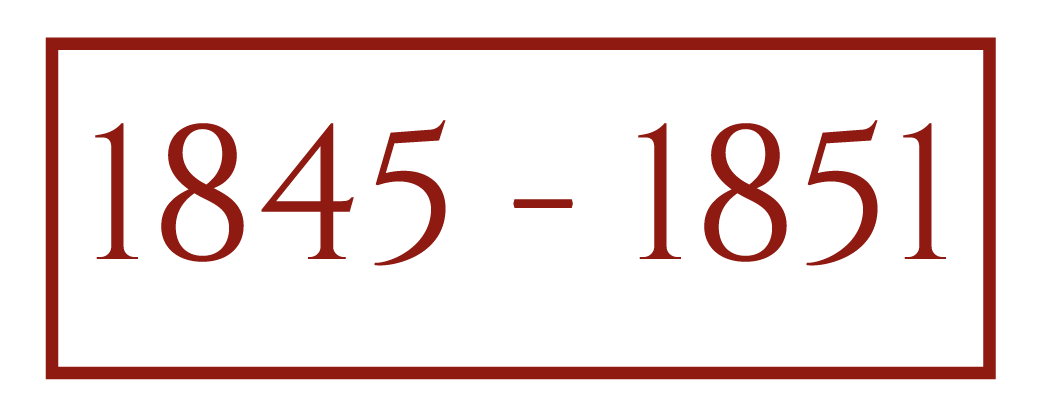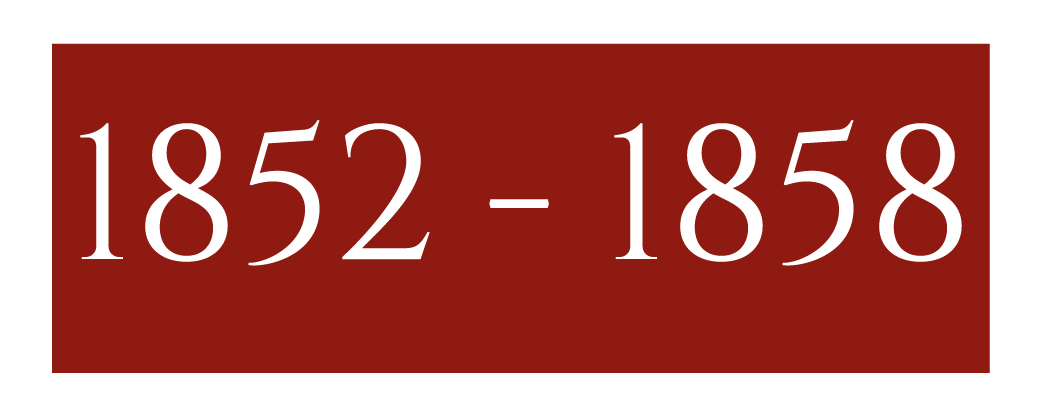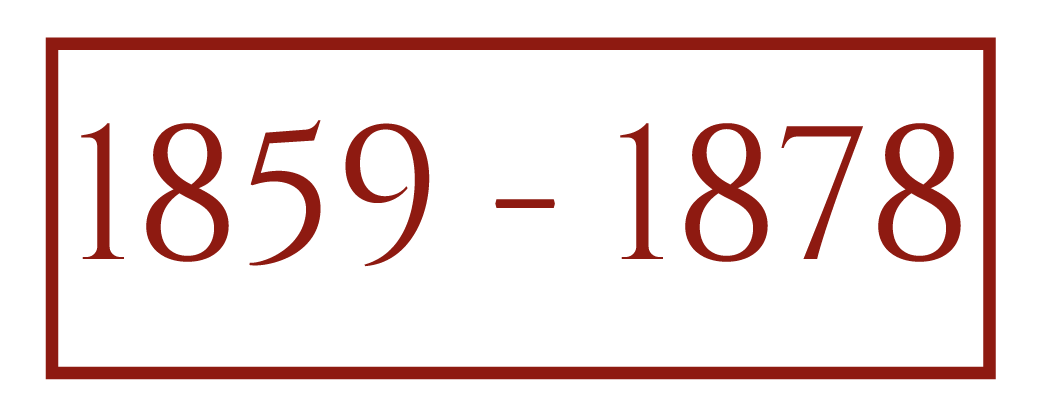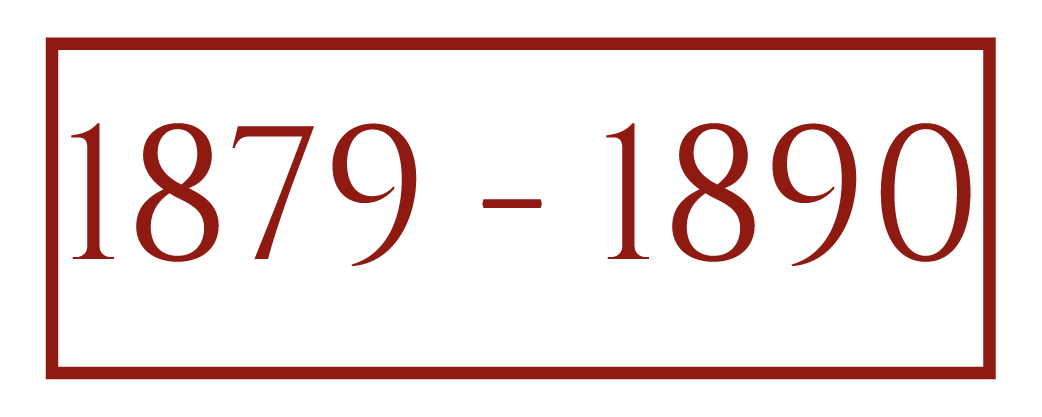1852 - 1858 | ‘Knowledge is one thing, virtue is another.’
In 1852, Newman was invited to give a series of lectures in Dublin, Ireland on the principles and benefits of university education. He had been invited by those who wanted to see a Catholic university founded in that city. These lectures went on to become the first parts of his next great work, ‘The Idea of a University.’ Building on his belief that ideas develop through lively dialogue, this new text was a defence of “liberal education”. He expands here:
‘The University ... has this object and this mission; it contemplates neither moral impression nor mechanical production; it professes to exercise the mind neither in art nor in duty; its function is intellectual culture; here it may leave its scholars, and it has done its work when it has done as much as this. It educates the intellect to reason well in all matters, to reach out towards truth, and to grasp it.’ The Idea of a University, pp.125-6
In 1854, Newman was appointed Rector of the new Catholic University of Ireland, now University College Dublin, by the Bishops of Ireland. Aiming to build it on the principles outlined in his lectures, he drew inspiration from the Catholic University of Louvain in Belgium, but also from the Oxford collegiate system with which he was so familiar. In his time as Rector, he oversaw many projects, including the construction of campus buildings, the publication of periodicals, and the recruitment of staff. He proved himself not only a strong intellectual and spiritual leader, but also a skilled manager of major projects.
Newman also wanted to counter the growing notion that being educated and cultured, being a “gentleman”, was enough to form the moral conscience. Recognising that such a view diminishes the importance of the Catholic religion in acquiring virtue, Newman wrote:
‘Knowledge is one thing, virtue is another; good sense is not conscience, refinement is not humility, nor is largeness and justness of view faith. Philosophy, however enlightened, however profound, gives no command over the passions, no influential principles. … It is well to be a gentleman, it is well to have a cultivated intellect, a delicate taste, a candid, equitable, dispassionate mind … but still, I repeat, they are no guarantee for sanctity or even for conscientiousness.’ The Idea of a University, pp.120-1
For four years Newman served as University Rector in Dublin but for much of this time he struggled with the role. Firstly, he was concerned for the still very newly-founded oratory in Birmingham that he was no longer able to give his time to. But he also felt under-supported and misunderstood by the Irish Bishops who had asked him to found the university. It was an extremely demanding position, obliging him to make fifty-six crossings to and from Ireland over a period of seven years. In 1858, he decided to resign as from his role as University Rector and returned to England, to his beloved community at the Birmingham Oratory.

